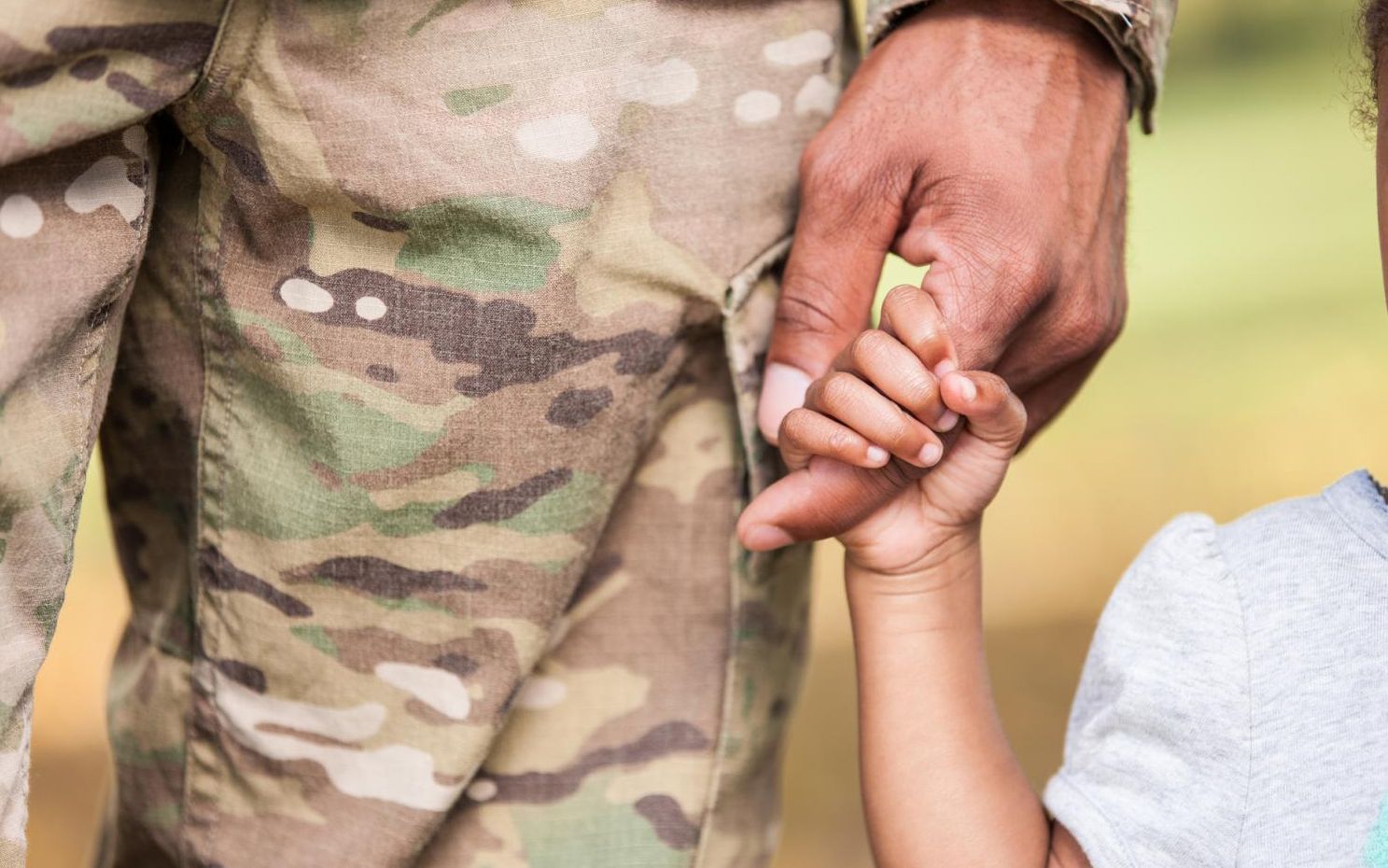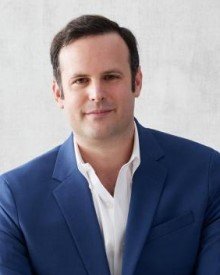VIDEO: Safer schools start with prevention science
Our director shares his vision for preventing problems before they start

teacher and kids
October 29, 2024
By Diane Jun, PRC Communications Intern
Max Crowley, director of the Edna Bennett Pierce Prevention Research Center, recently appeared in a broadcast of the PCNTV “Pennsylvania School Safety Hour” television series, during which he delved into the importance of prevention science and its role in supporting children, families and educational communities. Watch the video here:
The episode highlights the center’s research in developing interventions that promote human flourishing through mindfulness, compassion, and resilience. Here are key takeaways from the conversation:
The role of prevention science
Crowley emphasized that prevention science is essential for addressing underlying risk factors that lead to various societal problems, including violence, substance use, and child maltreatment. Prevention science, as Crowley explained, aims to stop problems before they start by fostering protective factors that build resilience. He remarked, “There’s a science to how we make meaningful investments to keep kids safe and help them achieve their goals.”
The impact of philanthropy
A significant part of the prevention work at Penn State has been made possible by philanthropists like Edna Bennett Pierce, who endowed the Prevention Research Center. Crowley praised Bennett Pierce’s contributions, stating, “We were so fortunate to have someone who gave such a transformative gift to Penn State… She was our fairy godmother.” Philanthropy, Crowley noted, is essential because it allows researchers to pursue long-term, impactful studies that government funding often cannot sustain.
School safety and community involvement
Crowley discussed the complexities of ensuring safety in schools, emphasizing that it’s not just about physical security but also about creating psychologically safe environments where students can thrive. He stated, “It’s a systematic effort that brings together teachers, principals, law enforcement, nonprofits, and communities.” Crowley stressed the need for a community-wide approach, where various stakeholders collaborate to create safe spaces for children.
Challenges with mental health post-COVID
The conversation also touched on the challenges posed by the COVID-19 pandemic, particularly related to youth mental health. Crowley highlighted the disruptions in social and emotional development caused by prolonged isolation and school closures. He noted that while there has been a decrease in stigma around mental health, the availability of resources is still a challenge: “There are not enough resources to support the level of need we’re experiencing right now.”
Evidence-based solutions for schools
Crowley emphasized the importance of evidence-based approaches to school safety and mental health. He discussed the resources available, such as the What Works Clearinghouse, which provides evidence-based program information for schools. However, he acknowledged that the education sector lacks the accountability mechanisms seen in healthcare, where proven solutions are more rigorously adopted. “How do we make sure schools are spending their limited resources on things that work?” Crowley questioned, urging for better systems to help schools implement effective programs.
For more information about the Prevention Research Center and its ongoing initiatives, explore the center’s website at prevention.psu.edu.
VIDEO: Safer schools start with prevention science
Our director shares his vision for preventing problems before they start

teacher and kids
October 29, 2024
By Diane Jun, PRC Communications Intern
Max Crowley, director of the Edna Bennett Pierce Prevention Research Center, recently appeared in a broadcast of the PCNTV “Pennsylvania School Safety Hour” television series, during which he delved into the importance of prevention science and its role in supporting children, families and educational communities. Watch the video here:
The episode highlights the center’s research in developing interventions that promote human flourishing through mindfulness, compassion, and resilience. Here are key takeaways from the conversation:
The role of prevention science
Crowley emphasized that prevention science is essential for addressing underlying risk factors that lead to various societal problems, including violence, substance use, and child maltreatment. Prevention science, as Crowley explained, aims to stop problems before they start by fostering protective factors that build resilience. He remarked, “There’s a science to how we make meaningful investments to keep kids safe and help them achieve their goals.”
The impact of philanthropy
A significant part of the prevention work at Penn State has been made possible by philanthropists like Edna Bennett Pierce, who endowed the Prevention Research Center. Crowley praised Bennett Pierce’s contributions, stating, “We were so fortunate to have someone who gave such a transformative gift to Penn State… She was our fairy godmother.” Philanthropy, Crowley noted, is essential because it allows researchers to pursue long-term, impactful studies that government funding often cannot sustain.
School safety and community involvement
Crowley discussed the complexities of ensuring safety in schools, emphasizing that it’s not just about physical security but also about creating psychologically safe environments where students can thrive. He stated, “It’s a systematic effort that brings together teachers, principals, law enforcement, nonprofits, and communities.” Crowley stressed the need for a community-wide approach, where various stakeholders collaborate to create safe spaces for children.
Challenges with mental health post-COVID
The conversation also touched on the challenges posed by the COVID-19 pandemic, particularly related to youth mental health. Crowley highlighted the disruptions in social and emotional development caused by prolonged isolation and school closures. He noted that while there has been a decrease in stigma around mental health, the availability of resources is still a challenge: “There are not enough resources to support the level of need we’re experiencing right now.”
Evidence-based solutions for schools
Crowley emphasized the importance of evidence-based approaches to school safety and mental health. He discussed the resources available, such as the What Works Clearinghouse, which provides evidence-based program information for schools. However, he acknowledged that the education sector lacks the accountability mechanisms seen in healthcare, where proven solutions are more rigorously adopted. “How do we make sure schools are spending their limited resources on things that work?” Crowley questioned, urging for better systems to help schools implement effective programs.
For more information about the Prevention Research Center and its ongoing initiatives, explore the center’s website at prevention.psu.edu.
Related People
Related People









